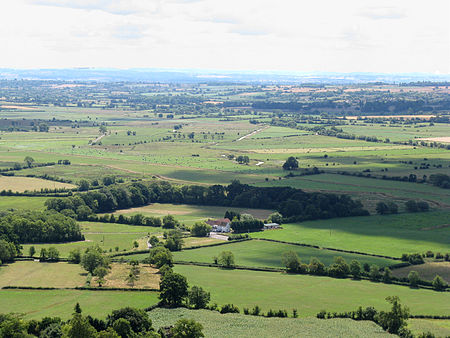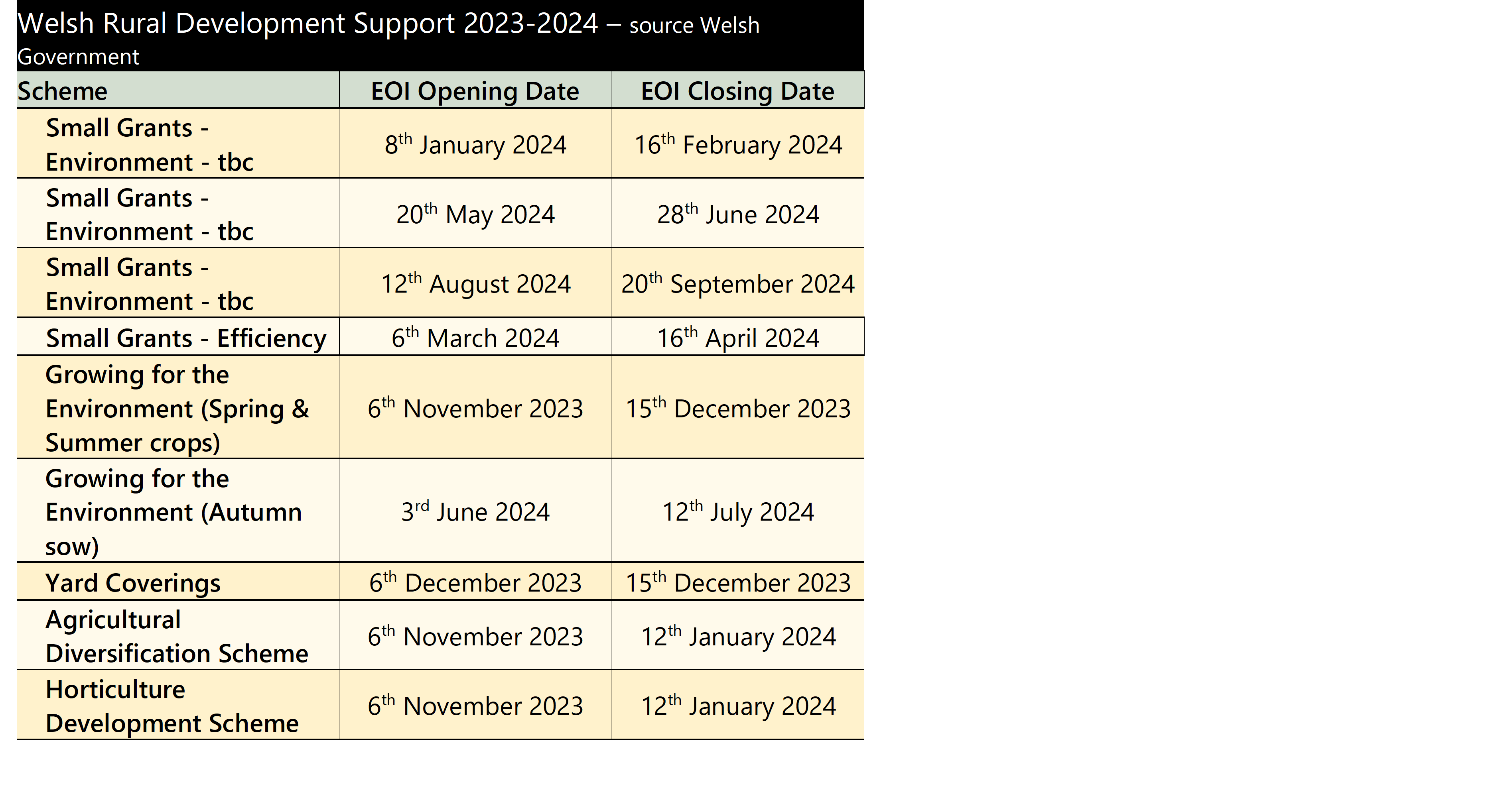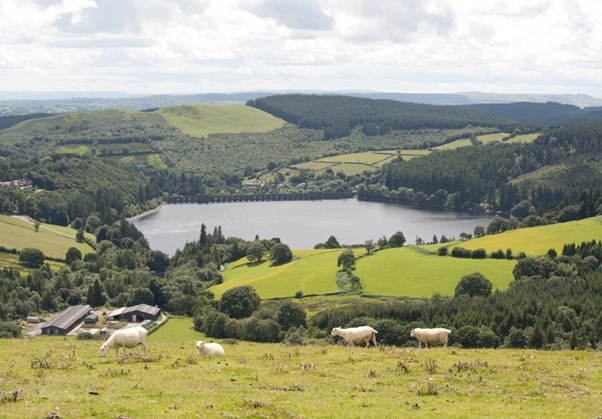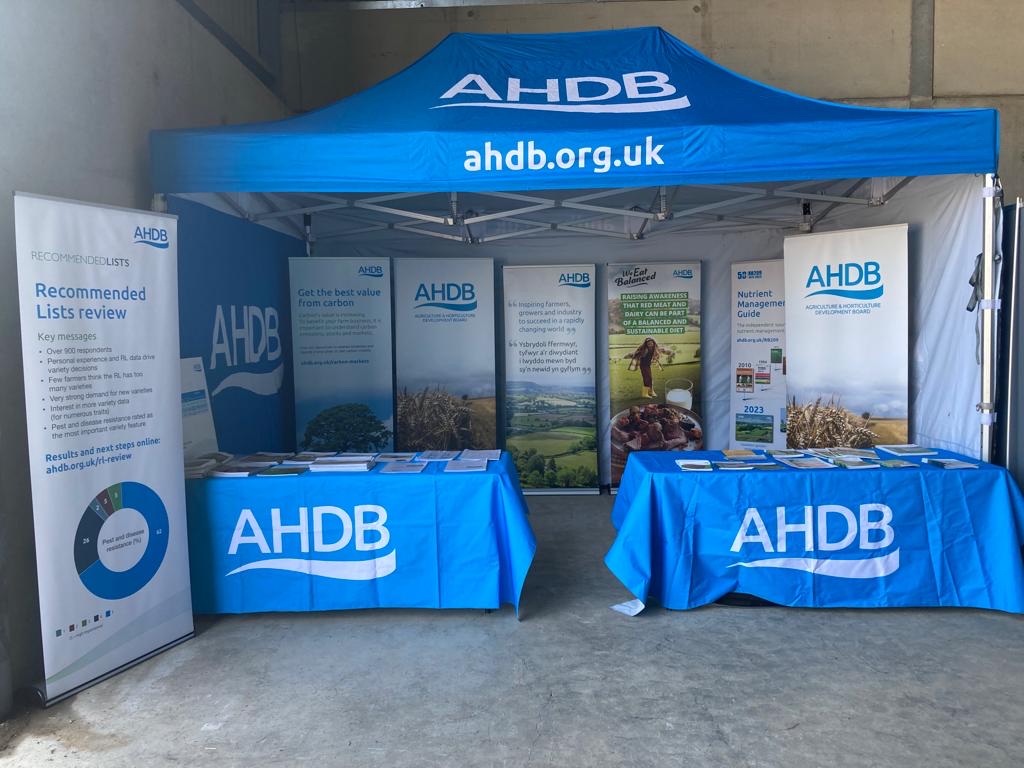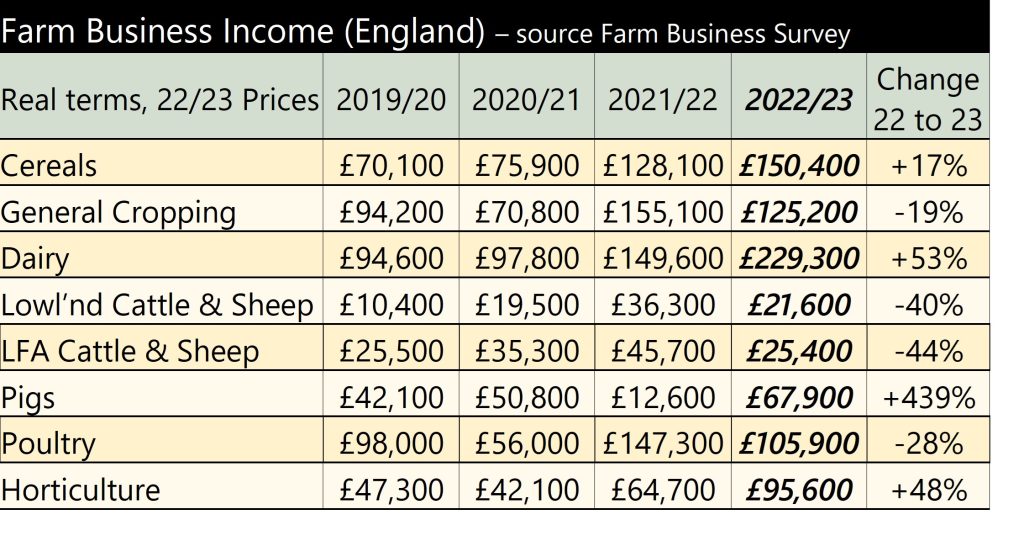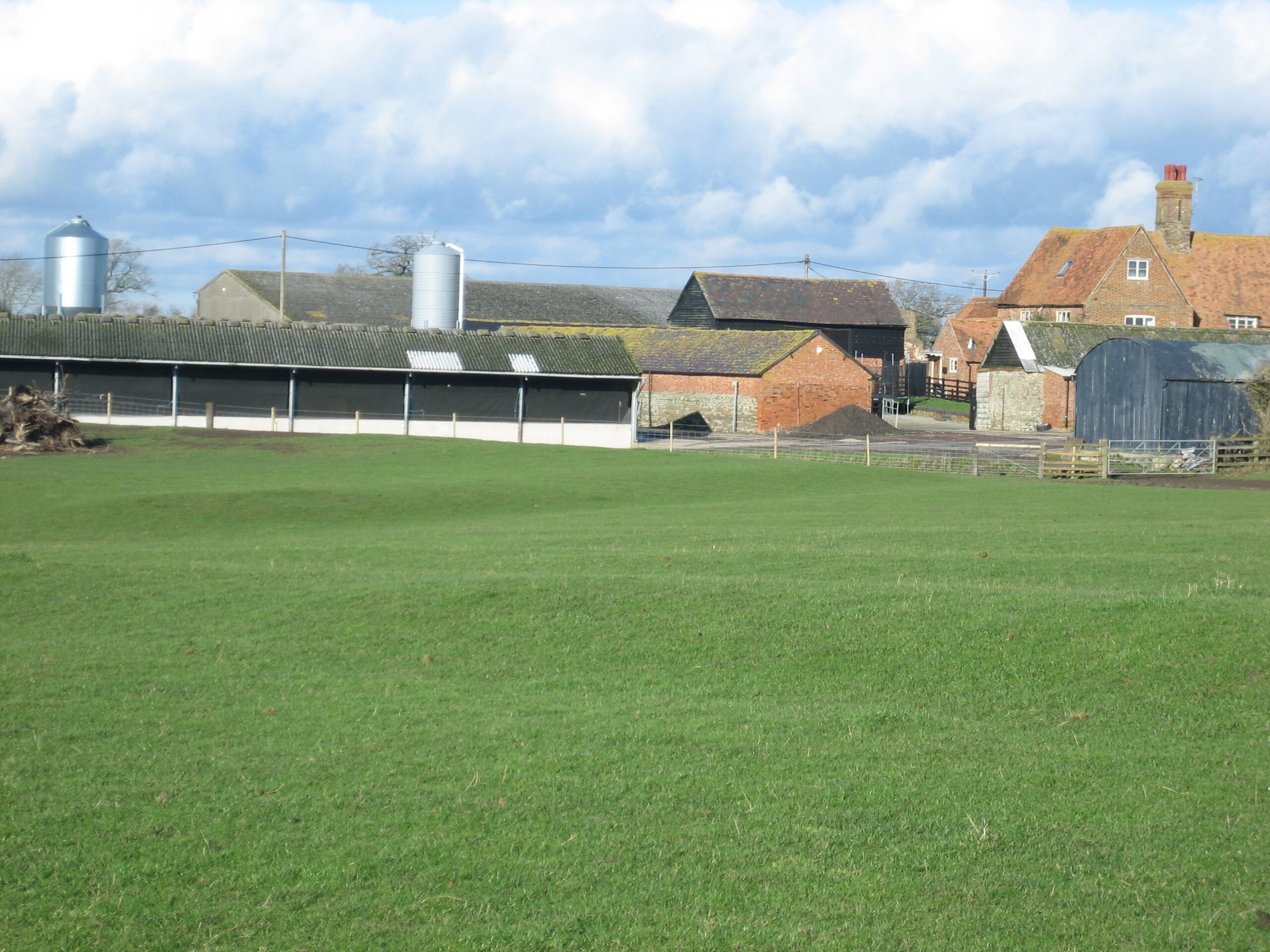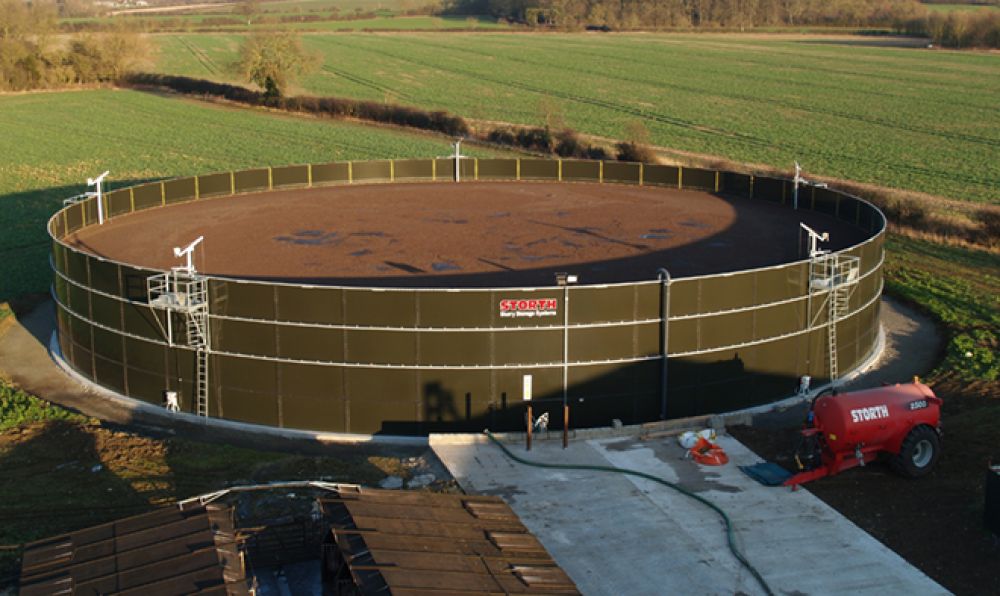As the SFI 2023 has been open for a couple months now we thought it might be useful to share some things we have learnt so far:
- Ensure maps are correct on Rural Payments – before you begin an application it is important that the business’s digital maps are correct. At the bare minimum, ensure the parcels that will be included in the application are up todate, but it is probably a good time to check that all land parcels are correct. For any parcels that need updating for mergers, splitting, boundary changes, ineligible features, land cover changes, new land etc., an RLE1 will need to be submitted. Further information can be found at https://www.gov.uk/government/publications/tell-the-rural-payments-agency-about-land-changes-and-entitlement-transfers/rle1-guidance-2023. This can be submitted online, but applicants will have to wait until the RPA has updated the changes before they continue with their SFI application. It is possible to add an already registered parcel via the RPA’s ‘add land by email service’ see https://www.gov.uk/guidance/rural-payments-applications-add-a-land-parcel-by-email
- Ensure Land Cover is correct on Rural Payments – before you begin an application, for each land parcel you want to use for an SFI action, check that the land cover shown on your digital maps is compatible with the land use code declared in the BPS 2023 application (again it may be prudent to check all land parcels). When you view each land parcel on your digital maps in the Rural Payments service, you’ll see that it has one or more registered land covers. The land cover identifies what broad category the land is. There are three agricultural land covers;
- arable land
- permanent grassland
- permanent crops
There are also a number of non-agricultural land covers, such as woodland or farm buildings, the land use codes must be compatible with these – i.e. if the land cover is permanent grassland the land use cannot be an arable code or temporary grassland.
- Ensure there are no undeclared or overdeclared parcels – for each land parcel you want to use for an SFI action, in ‘Land Use’ on Rural Payments ensure there are no undeclared or over-declared parcels. These may be due to splitting fields at BPS time last year – the RPA has now used the submitted RLE1, measured the parcels and the areas are different to those estimated on the BPS application. This can leave an undeclared area.
All of the above actions will cause an ‘error warning’ if not completed. We have also noticed there have been problems when trying to submit an SFI agreement when there is another application waiting to be processed i.e. if a CS capital grant is in the process, the system doesn’t seem to cope. We would hope this will be sorted by RPA shortly, but it is something to be aware of if you have an ‘error’ message when you come to validate your application on completion – if you cannot find any other errors it could be because you have another application waiting to be offered.
Once an application has been submitted, we have found, at the moment, the turnaround time by RPA is quick; about 10 days and the agreement, if accepted, will start on the first day of the month following.
As with all new schemes there will be a lot of questions at the start, until everyone gets more familiar with the rules. Furthermore unlike most of the previous schemes, the rules are less ‘rigid’. For most of the actions the handbook simply says ‘It’s up to you how you complete this action, as long as you do it in a way that can reasonably be expected to achieve this action’s aim’. Further help is available in the ‘How to do’ guidance for each action. These are voluntary and can be found via https://www.gov.uk/government/collections/sustainable-farming-incentive-guidance
The RPA has answered some of the most commonly asked questions and this Q and A can be found at https://ruralpayments.blog.gov.uk/2023/11/17/the-sustainable-farming-incentive-commonly-asked-questions-answered/
One of the most common questions we receive is are you able to subsequently add land to an agreement? The answer to this is ‘yes’ and it can be done via two ways:
- It will be possible to upgrade your SFI agreement to add more SFI actions and land. This will be done via an ‘upgrade request’ towards the end of the first and second years of your 3-year SFI agreement. There will be strict deadlines on submitting an upgrade request and, if approved, on accepting it. With an upgrade the length of the agreement will not extend.
- It is possible to have more than one agreement. Applicants can submit as many applications as they want and subsequently have a number of agreements running in conjunction. These agreements could cover separate land parcels or,it is possible to add a compatible action to a land parcel in an existing agreement. Although you cannot apply for NUM1 or IPM1 in multiple agreements.
By mid-November, Rural Payments reported there were 1,000 live agreements with a further 300 offers with customers; perhaps a little lower than they anticipated, but it feels like there is a lot of interest in the scheme now and momentum is growing. Similar to when the system was new under the BPS, there are likely to be some ‘teething’ problems and it will also take time for clients and advisors to get to grips with the new system. However, for many, it is possible to build a good agreement which complements the existing farming operations and can help to offset some of the ‘lost’ BPS payments.
